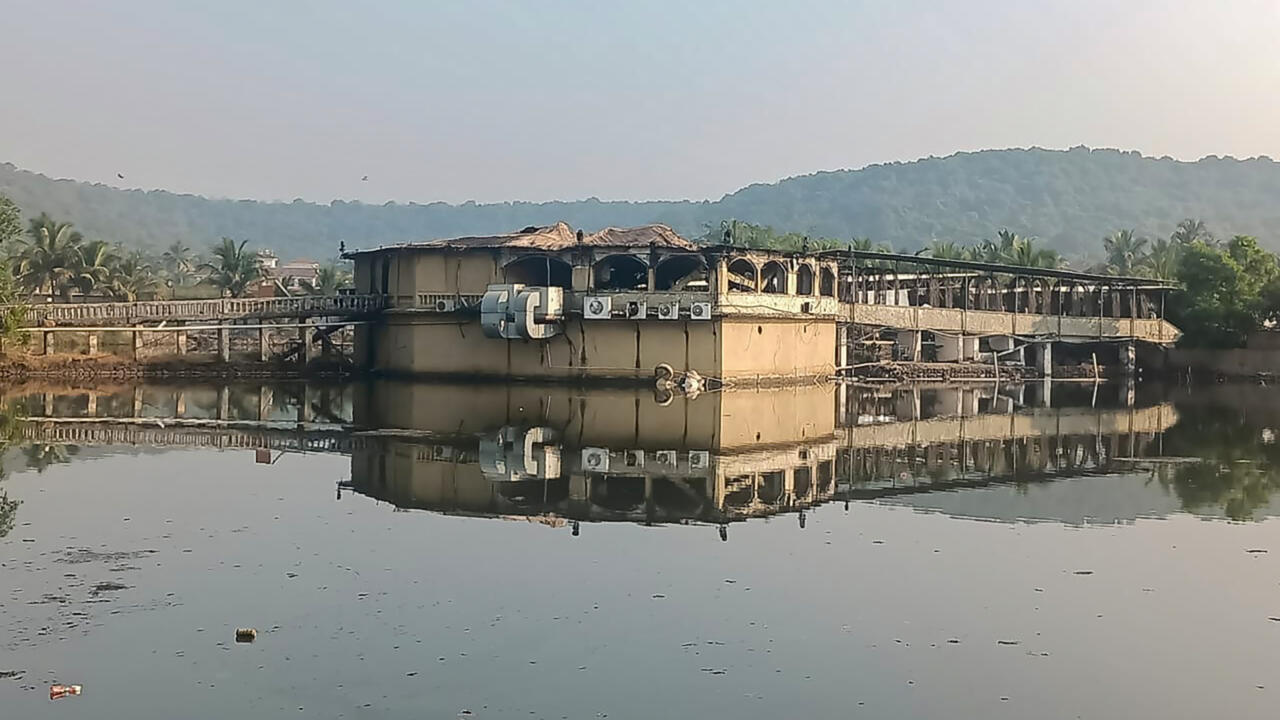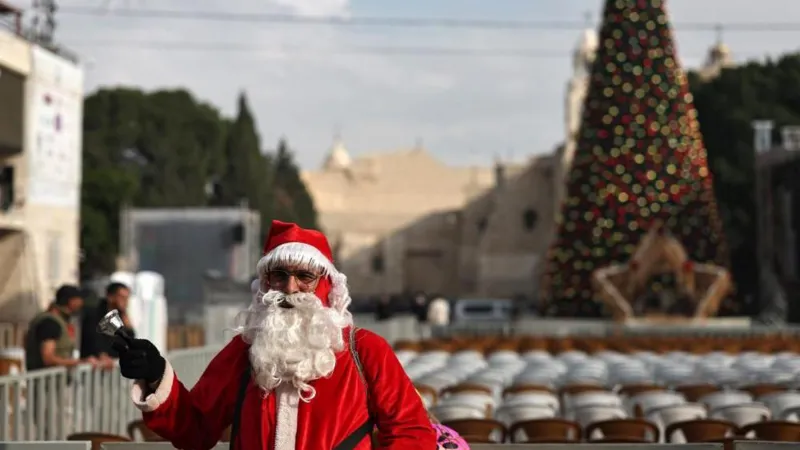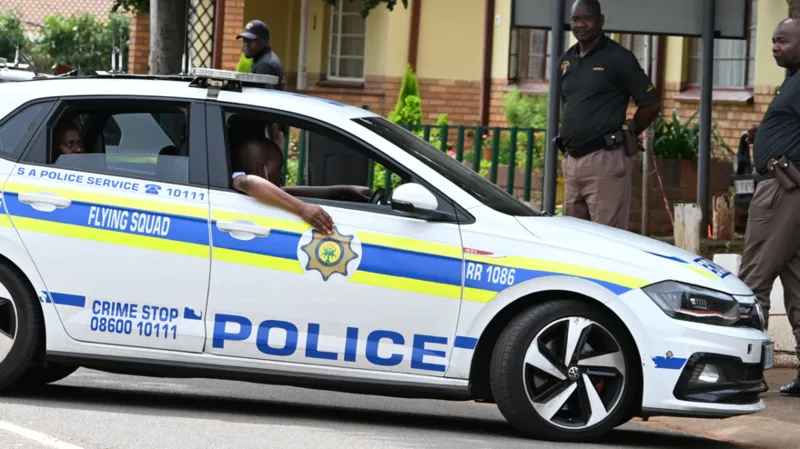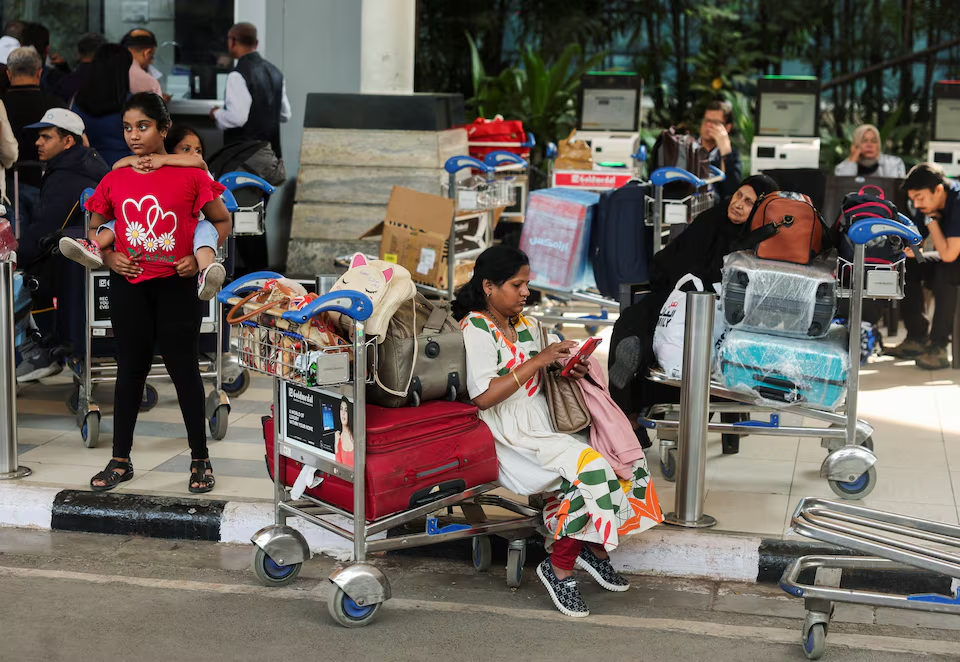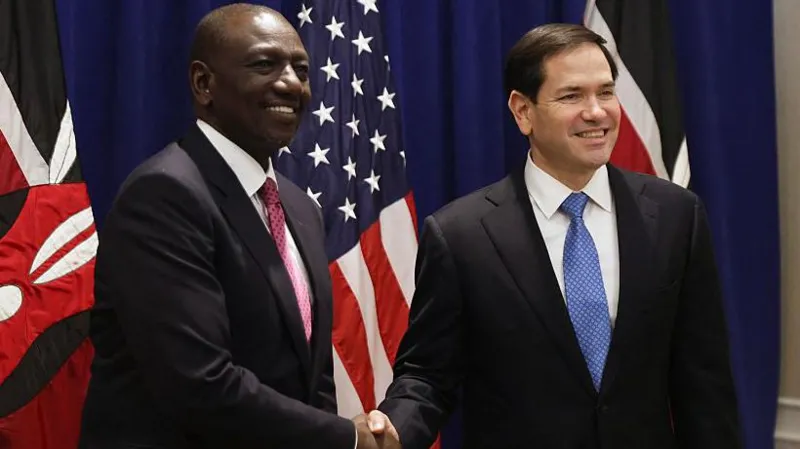In the southern district of Zeitoun, Gaza City, the sound of explosions has become a grim metronome. For nearly a week, airstrikes and artillery fire have pounded its narrow streets, tearing through homes and shops and sending families streaming out with children in their arms and whatever possessions they can carry.
The devastation is so complete that residents describe the neighborhood as unrecognizable, its once-familiar corners reduced to rubble.
The Hamas-run municipality has called the situation “catastrophic.” On Saturday alone, Gaza’s civil defence agency reported at least 40 deaths across the territory, a number that climbs with each new strike. Zeitoun, once home to some 50,000 people, is now among the most battered neighborhoods of the city.
Food is scarce, water scarcer still, and families have sought shelter in schools and half-ruined buildings. “We don’t know the taste of sleep,” said Ghassan Kashko, 40, who is staying with his family inside a classroom. The pounding of airstrikes and tank fire, he said, comes in an unbroken rhythm: “explosions… that don’t stop.”
The exodus from Zeitoun is part of a wider Israeli plan, the forcible removal of up to a million residents from Gaza City to camps in the south. Israeli officials say humanitarian agencies will again be allowed to bring in tents and other equipment, describing the move as a measure to protect civilians. But critics see something else: a deliberate effort to empty the city.
Just last week, Israel’s war cabinet voted to occupy Gaza City and displace its residents—a decision swiftly condemned by the United Nations Security Council. No timetable has been given for the advance, though Prime Minister Benjamin Netanyahu has signaled his determination to bring the city under full Israeli control, tracing that goal back to the attacks of October 7.
Read Also: 10 Reported Dead As Israel Launches Multiple Airstrikes On Gaza
Inside Israel, the war is facing pushback of its own. On Sunday, much of the country came to a standstill during a one-day nationwide strike. Families of hostages led the call for the stoppage, arguing that widening the assault only heightens the danger for Israelis still held by Hamas.
Their defiance has revealed a growing fracture at home, a government pressing forward with a campaign of historic scale, and citizens fearful that their loved ones are being placed in greater jeopardy.
In Zeitoun, the politics and strategy debated abroad feel far away. What is immediate is the exhaustion, the hunger, the smoke that lingers long after the bombs fall. Hamas has accused Israel of waging a “sustained offensive” in the eastern and southern reaches of the city, with Zeitoun among the hardest hit.
For families like the Kashkos, survival now means choosing between two impossible options: staying under relentless fire or embarking on the uncertain march south. Neither promises safety. Both mean leaving behind the life they once knew.




